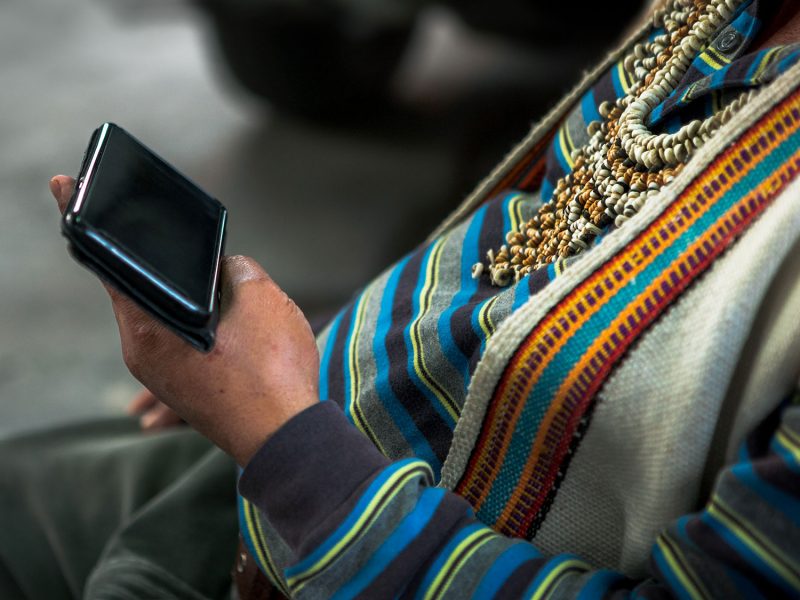Early Childhood Education Lab
A strategic initiative to help childcare educators thrive in their careers
The Future Skills Centre has awarded funding to NouLAB to conduct research in the early-childhood-education (ECE) sector. NouLAB is a social innovation lab that is part of the Pond-Deshpande Centre at the University of New Brunswick.
The project, which also enjoys the support of the four provincial governments in Atlantic Canada, will examine the ECE workforce and how its capacity might be improved through retention and training for ECE educators. NouLAB will convene multi-sectoral teams within the sector to tackle complex challenges facing ECE, and will involve childcare businesses, educators, governments, parents, academics, and any other stakeholders engaged in the education of young children.
About the Lab:
The lab will span sixteen months and progress over five stages.
Methodologies that will be part of the lab include jurisdictional and ethnographic research, design thinking, systems thinking, Theory U, human-centred design, and participatory facilitation practices.
Vision for the Project
At the end of the lab cycle (December 2021) NouLAB hopes to have:
- a clearer understanding of the problem;
- developed and tested ideas for addressing key barriers to educators thriving in early learning and childcare centres;
- a clear pathway to move prototypes on to the pilot stage;
- a roadmap to share what was learned and how these learnings can be applied;
- amplified the voice and value of educators and early childhood education;
- a stronger relationships between stakeholders across Atlantic Canada.
Learn more about the ECE Lab by watching this video.
Evaluation Strategy
This project will be evaluated using tools and approaches aligned with its goals, context, and stage of development. The evaluation will focus on generating the right evidence at the right moment to move the intervention forward. Read more about our evaluation strategy.





